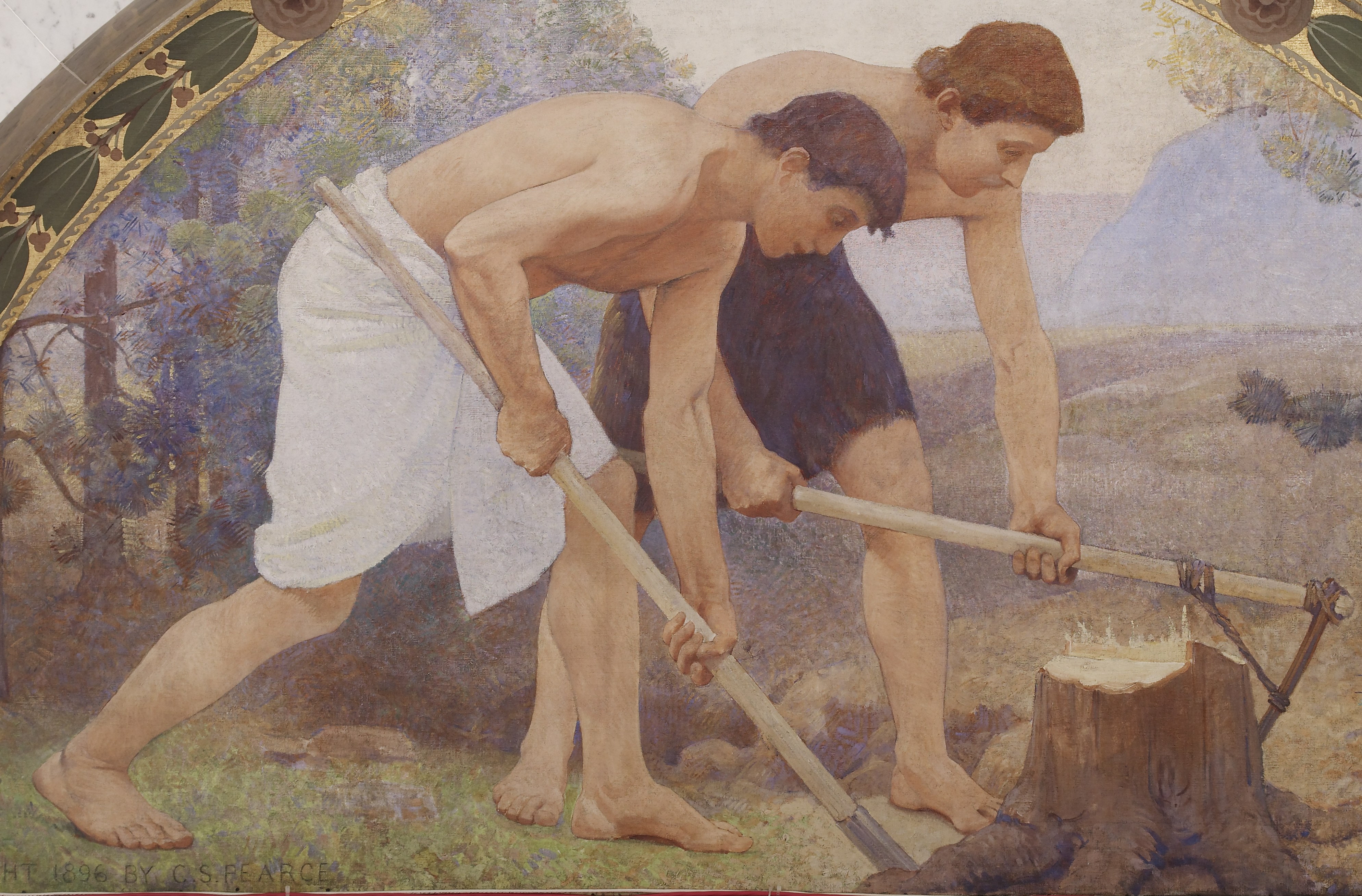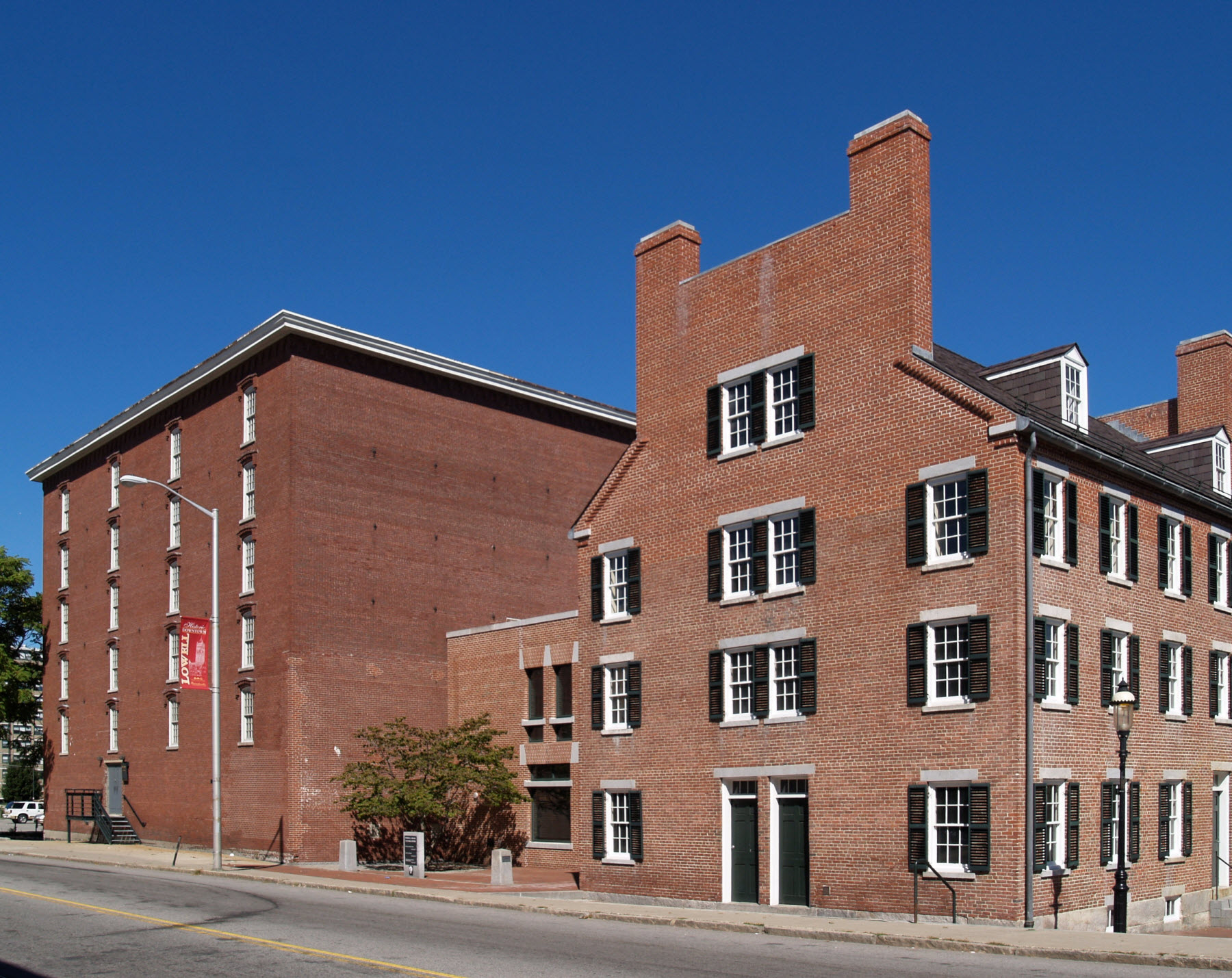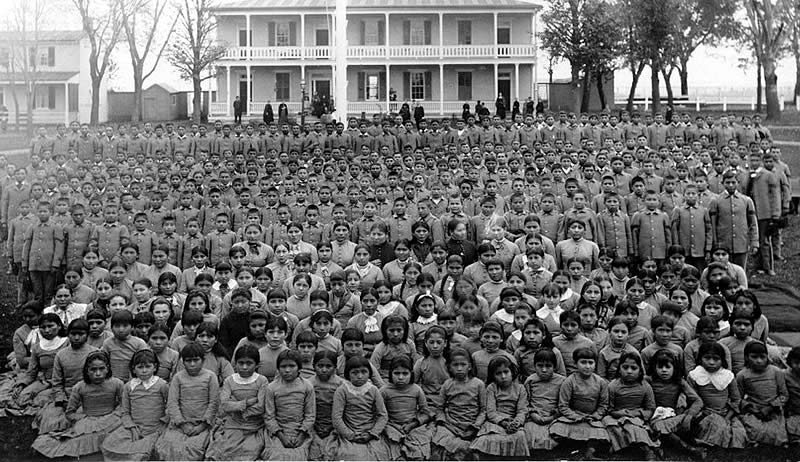|
Room And Board
Room and board describes an accommodation which, in exchange for money, labour or other recompense, a person is provided with a place to live in addition to meals. It commonly occurs as a fee at higher educational institutions, such as colleges and universities; it also occurs in hotel-style accommodation for short stays. Definition *''Room'' refers to a bedroom provided, sometimes private and occasionally with an en suite bathroom. *''Board'' refers to food being provided; the use of this term may derive from the Old English ''bord'', meaning table. Two commonly encountered boards are: * ''Half board'', where the host provides only breakfast and dinner meals. * ''Full board'', where the host provides three daily meals. Another option is: * '' Bed and breakfast'', literally, a place to sleep and where breakfast is provided. See also * Bistro, a type of informal French restaurant * Boarding house, a lodging establishment *Boarding school A boarding school is a school w ... [...More Info...] [...Related Items...] OR: [Wikipedia] [Google] [Baidu] |
Endicott College Stoneridge Hall Empty Dorm Room
Endicott may refer to: Places * Endicott, Nebraska, a village in Jefferson County, Nebraska, USA * Endicott, New York Endicott is a Village (New York), village within the town of Union, New York, Union in Broome County, New York, United States. The population was 13,392 at the 2010 census. It is part of the Binghamton metropolitan area. The village is named after ..., a village in Broome County, New York, USA * Endicott, Virginia, a small community in Franklin County, Virginia, USA * Endicott, Washington, a town in Whitman County, Washington, USA * Endicott (MBTA station), Dedham, Massachusetts, USA * Endicott Island, an artificial island in Alaska, USA People * Endicott (surname), includes a list of people with the surname * Endicott Peabody (1920–1997), Governor of Massachusetts Other uses * "Endicott", a big band jazz song by Kid Creole and the Coconuts from the album '' In Praise of Older Women and Other Crimes'' * Endicott College, co-educational independent colle ... [...More Info...] [...Related Items...] OR: [Wikipedia] [Google] [Baidu] |
Money
Money is any item or verifiable record that is generally accepted as payment for goods and services and repayment of debts, such as taxes, in a particular country or socio-economic context. The primary functions which distinguish money are: medium of exchange, a unit of account, a store of value and sometimes, a standard of deferred payment. Money was historically an emergent market phenomenon that possessed intrinsic value as a commodity; nearly all contemporary money systems are based on unbacked fiat money without use value. Its value is consequently derived by social convention, having been declared by a government or regulatory entity to be legal tender; that is, it must be accepted as a form of payment within the boundaries of the country, for "all debts, public and private", in the case of the United States dollar. The money supply of a country comprises all currency in circulation (banknotes and coins currently issued) and, depending on the particular definiti ... [...More Info...] [...Related Items...] OR: [Wikipedia] [Google] [Baidu] |
Manual Labour
Manual labour (in Commonwealth English, manual labor in American English) or manual work is physical work done by humans, in contrast to labour by machines and working animals. It is most literally work done with the hands (the word ''manual'' coming from the Latin word for hand) and, by figurative extension, it is work done with any of the muscles and bones of the human body. For most of human prehistory and history, manual labour and its close cousin, animal labour, have been the primary ways that physical work has been accomplished. Mechanisation and automation, which reduce the need for human and animal labour in production, have existed for centuries, but it was only starting in the 18th and 19th centuries that they began to significantly expand and to change human culture. To be implemented, they require that sufficient technology exist and that its capital costs be justified by the amount of future wages that they will obviate. Semi-automation is an alternative ... [...More Info...] [...Related Items...] OR: [Wikipedia] [Google] [Baidu] |
Old English
Old English ( or , or ), or Anglo-Saxon, is the earliest recorded form of the English language, spoken in England and southern and eastern Scotland in the Early Middle Ages. It developed from the languages brought to Great Britain by Anglo-Saxon settlers in the mid-5th century, and the first Old English literature dates from the mid-7th century. After the Norman Conquest of 1066, English was replaced for several centuries by Anglo-Norman language, Anglo-Norman (a langues d'oïl, type of French) as the language of the upper classes. This is regarded as marking the end of the Old English era, since during the subsequent period the English language was heavily influenced by Anglo-Norman, developing into what is now known as Middle English in England and Early Scots in Scotland. Old English developed from a set of Anglo-Frisian or Ingvaeonic dialects originally spoken by Germanic tribes traditionally known as the Angles (tribe), Angles, Saxons and Jutes. As the Germanic settlers ... [...More Info...] [...Related Items...] OR: [Wikipedia] [Google] [Baidu] |
Breakfast
Breakfast is the first meal of the day usually eaten in the morning. The word in English refers to breaking the fasting period of the previous night. Various "typical" or "traditional" breakfast menus exist, with food choices varying by regions and traditions worldwide. History In Old English, a regular morning meal was called , and the word ''dinner'', which originated from Gallo-Romance ''desjunare'' ("to break one's fast"), referred to a meal after fasting. Around the mid-13th century, that meaning of ''dinner'' faded away, and around the 15th century "breakfast" came into use in written English to describe a morning meal. Anderson, p. 5 Ancient breakfast Ancient Egypt In Ancient Egypt, peasants ate a daily meal, most likely in the morning, consisting of soup, beer, bread, and onions before they left for work in the fields or work commanded by the pharaohs. The traditional breakfast believed to have been cooked in ancient Egypt was fūl (made from fava beans, possib ... [...More Info...] [...Related Items...] OR: [Wikipedia] [Google] [Baidu] |
Dinner
Dinner usually refers to what is in many Western cultures the biggest and most formal meal of the day. Historically, the largest meal used to be eaten around noon, midday, and called dinner. Especially among the elite, it gradually migrated to later in the day over the 16th to 19th centuries. The word has different meanings depending on culture, and may mean a meal of any size eaten at any time of day. In particular, it is still sometimes used for a meal at noon or in the early afternoon on special occasions, such as a Christmas dinner. In hot climates, the main meal is more likely to be eaten in the evening, after the temperature has fallen. Etymology The word is from the Old French () , meaning "dine", from the stem of Gallo-Romance ''desjunare'' ("to break one's fast"), from Latin (which indicates the opposite of an action) + Late Latin ''ieiunare'' ("to fast"), from Latin ("fasting, hungry"). The Romanian language, Romanian word and the French retain this etymology and t ... [...More Info...] [...Related Items...] OR: [Wikipedia] [Google] [Baidu] |
Bed And Breakfast
A bed and breakfast (typically shortened to B&B or BnB) is a small lodging establishment that offers overnight accommodation and breakfast. In addition, a B&B sometimes has the hosts living in the house. ''Bed and breakfast'' is also used to describe the level of catering included in a hotel's room prices, as opposed to room-only, room and board, half-board, or full-board. International differences Australia There are approximately 7,000 B&Bs in Australia. The B&B industry in Australia generates about $132 million in annual revenue. China In China, expatriates have remodeled traditional structures in quiet picturesque rural areas and opened a few rustic boutique hotels with minimum amenities. Most patrons are foreign tourists but they are growing in popularity among Chinese domestic tourists. India In India, the government is promoting the concept of bed & breakfast. The government is doing this to increase tourism, especially keeping in view the demand for hotels during t ... [...More Info...] [...Related Items...] OR: [Wikipedia] [Google] [Baidu] |
Bistro
A bistro or bistrot (), in its original Parisian form, is a small restaurant serving moderately priced, simple meals in a modest setting. In more recent years, the term has become used by restaurants considered, by some, to be pretentious. Style In a 2007 survey of national cuisines, a bistro is characterised as typically: A Paris newspaper in 1892 referred to dishes served at a bistro, including escargots, veal with sauce ravigote, navarin of lamb, hachis Parmentier, eggs, sausages and hot roast chicken. The '' Oxford Companion to Food'' comments that the idea of simple inexpensive food served in a French atmosphere has wide appeal, so that by the end of the 20th century the term had "begun to be annexed by more pretentious premises". Etymology The etymology is unclear. The ''Dictionnaire de l'Académie française'' dates the word from the 19th century term, ''bistro'', "innkeeper", and suggests that it may be linked to the Poitevin word ''bistraud'' ("little servant"), ... [...More Info...] [...Related Items...] OR: [Wikipedia] [Google] [Baidu] |
Boarding House
A boarding house is a house (frequently a family home) in which lodging, lodgers renting, rent one or more rooms on a nightly basis and sometimes for extended periods of weeks, months, or years. The common parts of the house are maintained, and some services, such as laundry and cleaning, may be supplied. It normally provides "room and board," with some meals as well as accommodation. Lodgers legally obtain a licence, not exclusive possession, to use their rooms and so the landlord retains the right of access. Arrangements Formerly boarders would typically share washing, breakfast, and dining facilities; in recent years, it has become common for each room to have its own washing and toilet facilities. Such boarding houses were often found in England, English seaside towns (for tourism, tourists) and college towns (for students). It was common for there to be one or two elderly long-term residents. "The phrase "boardinghouse reach" [referring to a diner reaching far across a din ... [...More Info...] [...Related Items...] OR: [Wikipedia] [Google] [Baidu] |
Boarding School
A boarding school is a school where pupils live within premises while being given formal instruction. The word "boarding" is used in the sense of "room and board", i.e. lodging and meals. They have existed for many centuries, and now extend across many countries. Their functioning, codes of conduct, and ethos vary greatly. Children in boarding schools study and live during the school year with their fellow students and possibly teachers or administrators. Some boarding schools also have day students who attend the institution during the day and return home in the evenings. Boarding school pupils are typically referred to as "boarders". Children may be sent for one to twelve years or more in boarding school, until the age of eighteen. There are several types of boarders depending on the intervals at which they visit their family. Full-term boarders visit their homes at the end of an academic year, semester boarders visit their homes at the end of an academic term, weekly boarders ... [...More Info...] [...Related Items...] OR: [Wikipedia] [Google] [Baidu] |
Parlour Boarder
A parlour boarder is an archaic term for a privileged category of pupil at a boarding school. Parlour boarders are described by a modern historian as paying more than the other pupils, in return for which they got a room of their own. A parlour was a small reception room, from the French "parler", implying a place for quiet conversation; "board" means meals, as in the expression room and board. The term is mostly historic in British English. In 18th and 19th century England, there were a profusion of small schools, always single-sex, with the number of pupils ranging from fewer than a dozen to a few score, on a much more domestic scale than the so-called public schools such as Eton and Harrow. Many of these small schools were operated on a family basis, often by a married couple (for boys), or by sisters or female friends (for girls). They would accept day pupils, common boarders, and parlour boarders. 18–19th centuries Elizabeth Lachlan was at school in London when its owner, ... [...More Info...] [...Related Items...] OR: [Wikipedia] [Google] [Baidu] |
Sideboard
A sideboard, also called a buffet, is an item of furniture traditionally used in the dining room for serving food, for displaying serving dishes, and for storage. It usually consists of a set of cabinets, or cupboards, and one or more drawers, all topped by a wooden surface for conveniently holding food, serving dishes, or lighting devices. The words ''sideboard'' and ''buffet'' are somewhat interchangeable, but if the item has short legs, or a base that sits directly on the floor with no legs, it is more likely to be called a ''sideboard''; if it has longer legs, it is more likely to be called a ''buffet''. The earliest versions of the sideboard familiar today made their appearance in the 18th century, but they gained most of their popularity during the 19th century, as households became prosperous enough to dedicate a room solely to dining. Sideboards were made in a range of decorative styles and were frequently ornamented with costly veneers and inlays. In later years, sid ... [...More Info...] [...Related Items...] OR: [Wikipedia] [Google] [Baidu] |







